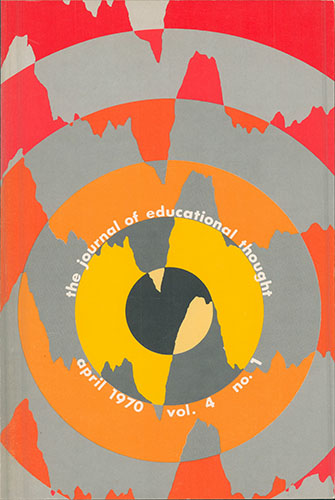Conceptual Relativity and Understanding
DOI :
https://doi.org/10.55016/ojs/jet.v4i1.43545Résumé
It is a commonplace observation that our ordinary language provides the resources for a variety of true descriptions of any object, event, or state of affairs. There is no fundamental object - language whereby objects, events, or states of affairs can be described with non - contextually determinate "objectivity": whatsoever descriptions are offered in any context are judged by criteria of contextual appropriateness rather than by some putatively non - contextual or omni - contextual "objectivity". Our having access to such a varied range of descriptions with respect to any object, event, or state of affairs, is a mark of the extent to which we have mastered the intelligent use of our natural language. It is also a reflection (in some way I do not propose to analyse) of our conceptual capacities - the intellectual flexibility we have acquired in exploring the resources of our language, and the skills we have developed in coming to adopt different conceptual perspectives with respect to the "same" objects, events, or states of affairs. By "same" I do not wish to suggest, contrary to my thesis, that there is an objective of reality of which we have direct knowledge independently of our conceptualisations.
Téléchargements
Publié
Numéro
Rubrique
Licence
The Journal of Educational Thought retains first publication rights for all articles. The Journal grants reproduction rights for noncommercial educational purposes with the provision that full acknowledgement of the work’s source be noted on each copy. The Journal will redirect to the appropriate authors any inquiries for further commercial publication of individual articles. All authors wishing to publish in JET will be asked to fill in and sign a Consent to Publish and Transfer of Copyright agreement.
Authors must affirm that any submission to JET has not been and will not be published or submitted elsewhere while under considration by JET.

